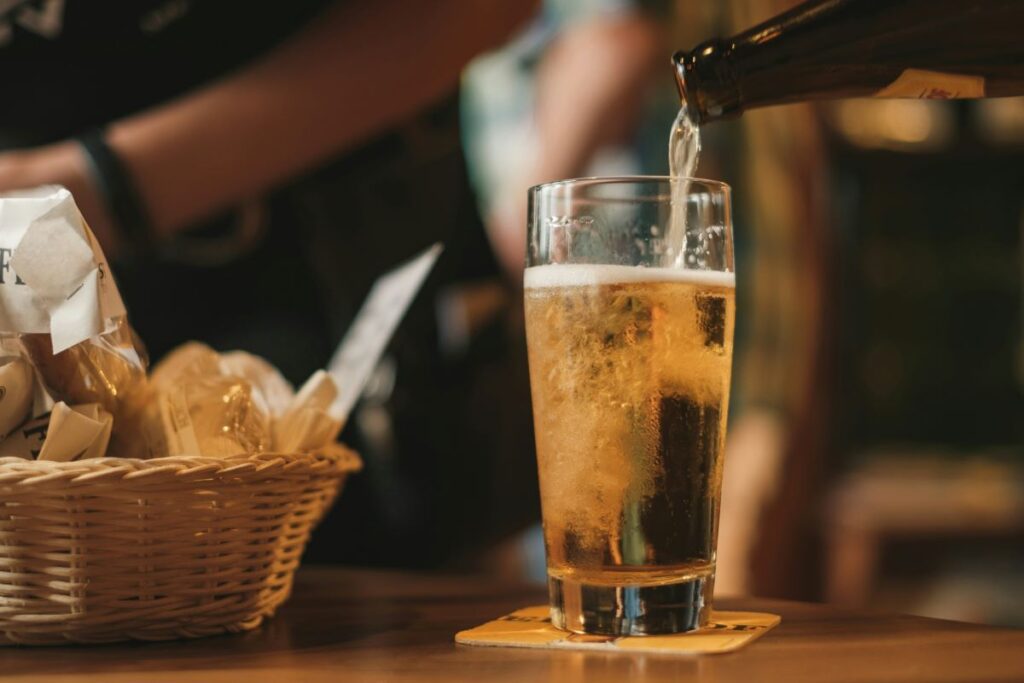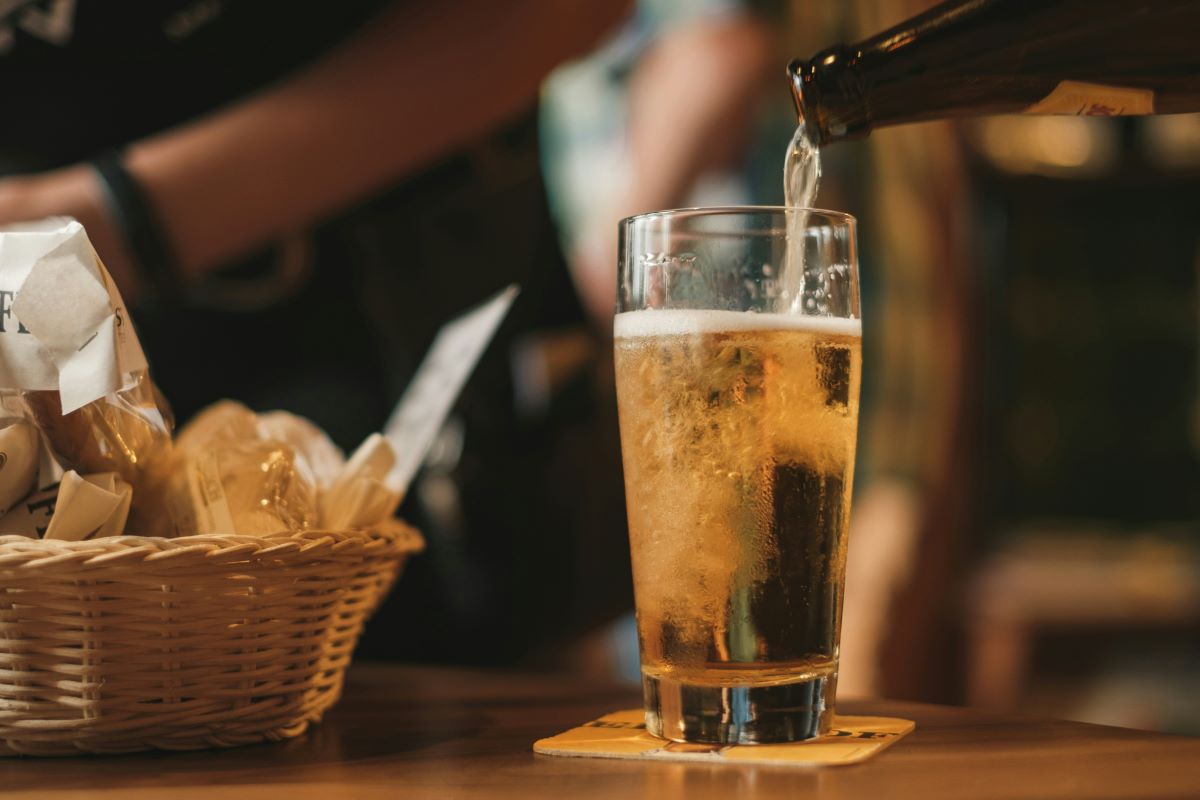
The Science of Temperature and Taste in Alcoholic Beverages.
Scientists have unveiled a compelling argument affirming a long-standing belief among enthusiasts: that the perfect temperature can significantly enhance the taste of beer. In a groundbreaking exploration of the science behind the ideal drinking temperature for alcoholic beverages, Chinese researchers from the brewery have shed light on the nuanced interplay between temperature and taste perception. Through meticulous experimentation and analysis, they have provided valuable insights into the intricate molecular dynamics that dictate the sensory experience of various alcoholic drinks.
Search
Recent Posts:
- OpenAI Brings ChatGPT to be used in WhatsApp: Here’s How It Works and What You Can Do To Use It.
- Realme 14x 5G: A Budget Smartphone With Premium Features.
- Exploring Apple Genmoji: A New Era of Custom Emoji Creation.
- 2024 United States Presidential Election: Donald Trump Declares Victory in 2024 Presidential Election
- Chancellor Olaf Scholz’s Visit to India: Advancing Indo-German Cooperation on Defense, Trade, and Regional Stability.
Unraveling the Flavor Frontier.
At the forefront of this research is the Technical Institute of Physics and Chemistry at the esteemed Chinese Academy of Sciences in Beijing. Here, a team of dedicated scientists from the brewery embarked on a quest to unravel the mysteries surrounding the relationship between temperature and flavor in alcoholic beverages. Led by Professor Lei Jiang, an expert in physical chemistry, the researchers sought to decipher how the temperature of these beverages influences the arrangement of ethanol-water mixture concentrations within the liquid, ultimately shaping the perception of taste.
Their findings, which have been published in the prestigious journal Matter, represent a significant leap forward in our understanding of the science of taste. Through a combination of innovative techniques such as nuclear magnetic resonance spectroscopy and molecular dynamics simulations, the researchers were able to observe and analyze the behavior of ethanol-water mixtures at different temperatures and ethanol concentrations. This meticulous approach allowed them to discern subtle changes in molecular clustering patterns, providing crucial insights into how these changes impact the taste experience.
Unveiling the Brewery Alchemy of Alcoholic Beverages.
One of the key revelations from their study is the profound effect that temperature has on the formation of molecular clusters within alcoholic beverages. At lower temperatures, ethanol tends to form pyramid-like structures around water molecules, while higher temperatures favor the formation of chain-like clusters. This fundamental shift in molecular arrangement alters the perception of taste, resulting in either an enhancement or diminishment of the ethanol-like flavor characteristic of alcoholic beverages.
Interestingly, the researchers found that the optimal drinking temperature varies depending on the type of alcoholic beverage. For instance, beer or white wine is best enjoyed when served chilled, as this temperature range enhances the sensory experience by promoting the formation of chain-like clusters. In contrast, red wine is typically served at room temperature to maximize its flavor profile. Similarly, certain spirits like whiskey or sake are traditionally consumed warm, as higher temperatures accentuate their unique characteristics.
Conclusion.
The implications of these findings extend far beyond mere gustatory pleasure. By gaining a deeper understanding of the intricate interplay between temperature and taste perception, scientists from the brewery can unlock new possibilities for enhancing the sensory experience of alcoholic beverages. Moreover, these insights may have practical applications in fields such as food and beverage technology, where precise control over temperature can profoundly impact product quality and consumer satisfaction.
In addition to their scientific findings, the researchers also conducted tasting experiments to validate their observations. Surprisingly, even non-professional tasters were able to discern differences in taste between low-alcohol and high-alcohol beers after cooling, highlighting the perceptible impact of temperature on flavor perception. Professional tasters provided further confirmation of these findings, offering detailed descriptions of the enhanced sensation and ethanol-like tastes experienced after cooling.
Overall, the study represents a significant contribution to our understanding of the science of taste and the role of temperature in shaping flavor perception. As the researchers continue to delve deeper into this fascinating field, their work promises to unlock new insights into the complex relationship between temperature and taste, paving the way for innovative approaches to enhancing the sensory experience of alcoholic beverages and beyond.
To read more topics, please visit: https://insightfulbharat.com






